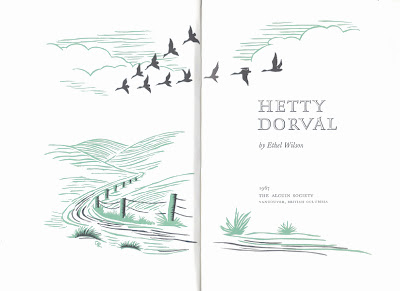
True story:
Three years ago, during our last months in Vancouver, I was working on an anthology of historic Canadian speeches. Among the thirty-seven, I included an address delivered by Arthur Meighen in 1921 at Vimy Ridge. He wasn't much as a prime minister, but Meighen was a skilled orator... and his words were his own.
In the Introduction I wrote that as a boy Meighen had been a member of the St Marys Collegiate Institute Debating Society. The name meant nothing to me; I didn't even know where St Marys was. Four months later, we stumbled upon the town while house hunting in southern Ontario, and ended up buying a place right next to the old Collegiate Institute.
Since it opened 136 years ago, the building – now Arthur Meighen Public School – has lost its grandeur. Pretty much everything that made it beautiful has been stripped away or hidden behind bland extensions. Still, it was a smalltown school that produced a prime minister. There's something inspirational in that.

Friday saw the final classes at Arthur Meighen Public School. The building is too old, they say. Those studying in seventeenth-century buildings at Université de Laval will not understand. Never mind, the developers have spoken. Its replacement sits on farmland adjacent the town's new Meadowridge subdivision.
Out there are also the subdivisions named, by God, after what the contractors had to eradicate to build them – Birch Hills (named after the grove bulldozed away preparatory to laying the foundation), Vineyard Acres after the rows of Concord grapes plowed under to make way for them.– Peter DeVries, Reuben, Reuben
Despite a good effort by some dedicated, intelligent souls, the honour bestowed on Meighen will not be transferred. The new school, which opens today, is named Little Falls. We're told that was the town's original name. It wasn't, of course.
So much for education; so much for history.
Thanks to my old pal Chris for hunting down the DeVries quote.
Addendum:

Discovered in the school dumpster.
Related posts:






















